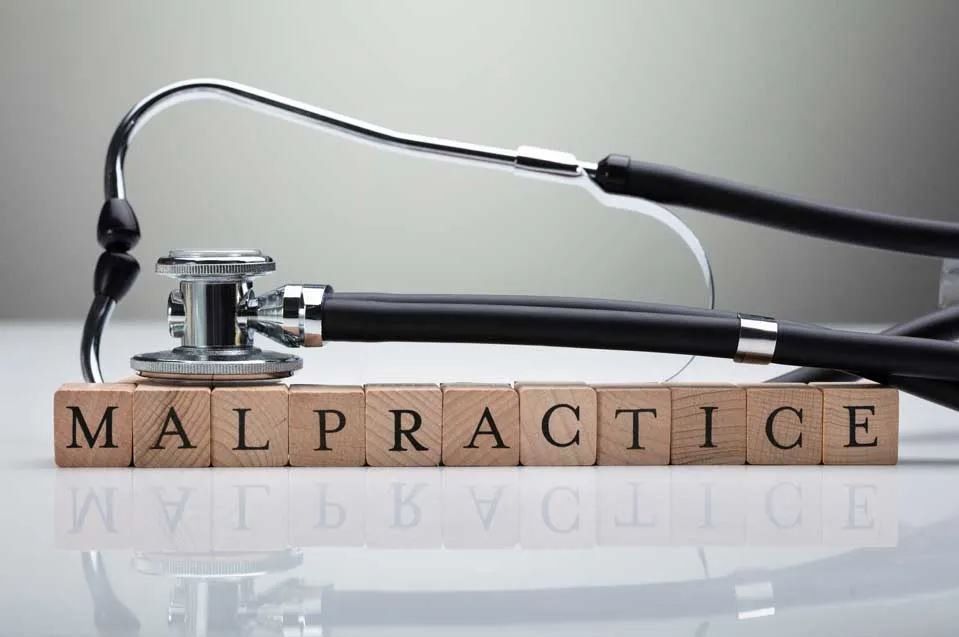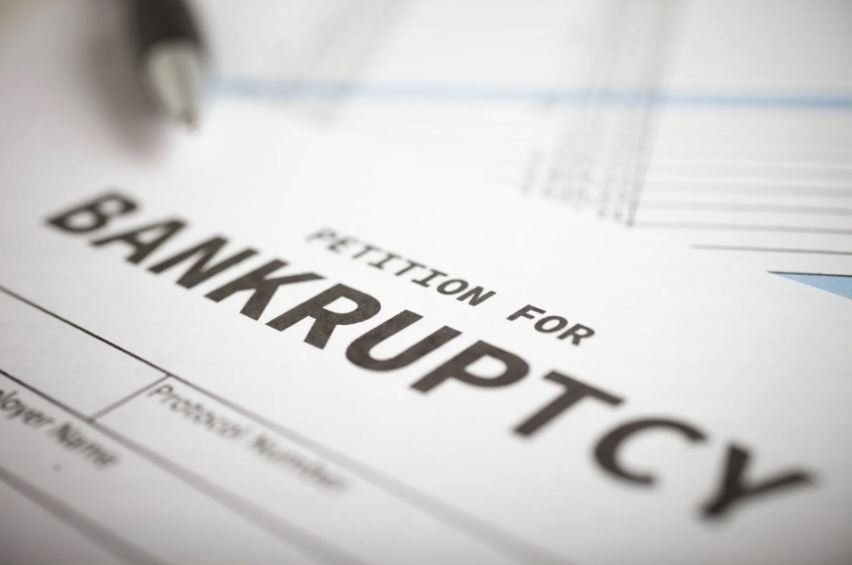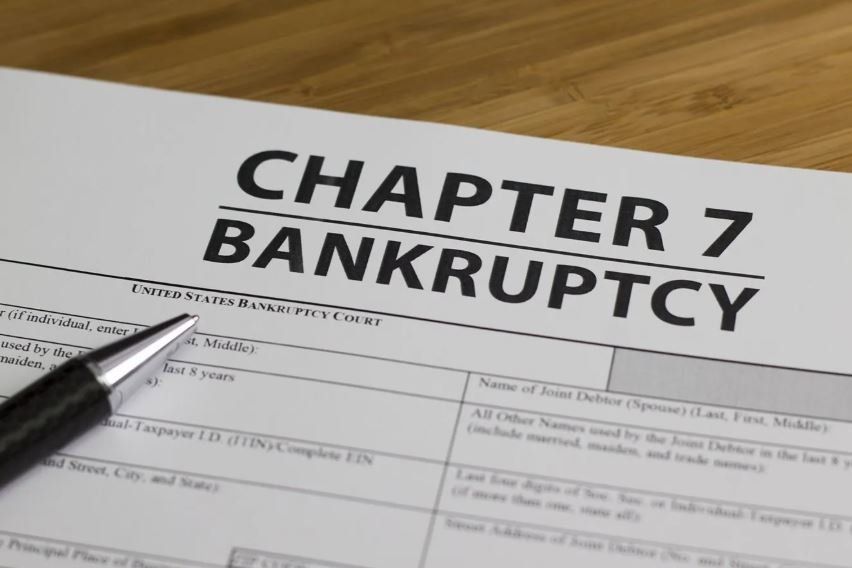Does Your Loved One Need a Conservatorship?
Admin • October 14, 2018

Conservatorship is not a legal concept that many people know much about. But it - along with guardianship - can be an important tool for protecting your loved ones in the event that they can't make certain decisions on their own.
For many families, this occurs when relatives or parents get older, but it can also be necessary for disabled family members or someone affected by an accident or sudden change of health.
If you're considering seeking practical or legal help for your loved one, here are the responsibilities that the conservator or guardian may have.
Financial Responsibilities
If a person cannot make sound decisions about their own finances, someone else needs to take over. This is a common function of conservatorships. What types of steps and decisions will need to be made? Generally, the conservator will assess the assets of the conservatee and determine their values, their liquidity, and how to use them for the best interests of their owner.
The conservator may need to establish the legal status of assets and find out what can be sold or invested to produce income for the ward. This means that they may decide to sell some assets - such as a house or car - or to invest liquid assets as well as brokerage or retirement accounts.
Of course, the ward will also have some ongoing financial obligations that need attended to, and the conservator will have to maintain these on a regular basis. They will pay the person's bills in a timely manner and will file income taxes every year as necessary.
Legal Duties
Because a conservatorship is a legal arrangement overseen by a court process, the conservator must meet certain legal requirements. They generally must inform the court of the status of the conservatee once per year. This status update would include information about how the conservatee's funds have been used, a medical report by doctors and providers involved, and plans for the upcoming year.
This update could also include a statement of whether or not the conservatorship is still necessary.
In addition, the conservator would be responsible for notifying the court when actions need court approval and taking steps to terminate the conservatorship when it's no longer needed (or legally warranted). This is particularly important when the ward is a minor or when the health crisis is only temporary.
Practical Obligations
On a practical level, the conservator or guardian may also need to ensure that the ward is being physically cared for appropriately. For example, the conservator should determine where the person will live and what medical care and physical assistance they need to receive.
They should also arrange for the needs of daily living. For most people, this is the primary concern when it comes to caring for their incapacitated friend or relative.
Even if a conservatee doesn't have the ability to make complex legal or financial decisions, they may still have the ability to make many choices about their daily life. In such cases, you may choose to pursue a limited conservatorship - which provides the ward with a level of autonomy about such decisions as where to live, what care to receive, or how to spend their time while still overseeing big decisions.
Clearly, conservators and guardians have a big job ahead of them. But it's a labor of love. And that conservator can seek out the help and assistance of professionals to aid them in making the best choices for their loved one. If you think a conservatorship may be the right step for someone you love, start by consulting with Friedman, Poole & Friedman, P.C., today.
Malpractice during pregnancy can be devastating. William C. Poole helps families seek justice and understand their legal options. Contact us today for compassionate guidance and dedicated support.
William C. Poole clarifies the legal eviction rules for landlords and tenants. We’re committed to helping you navigate your legal challenges—reach out today.
Worried about investments during bankruptcy? William C. Poole explains your options and helps you protect what matters most. Get clear answers and trusted legal guidance—call today.
Understand the impact of bankruptcy with guidance from William C. Poole. We help clients make informed financial and legal decisions for a stronger future. Call today to discuss your options.





